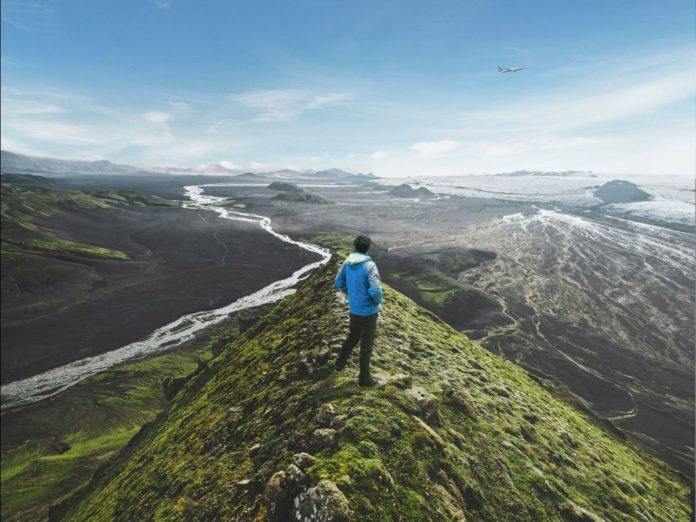By 2030, society’s definition of romance will have changed to become broader and more diverse than ever before and this will influence how we travel, according to a new report from Mr & Mrs Smith.
Unveiled at the exclusive TriBeCa penthouse at The Greenwich Hotel in New York, the report comes via a collaboration between the global travel club and The Future Laboratory to predict what our romantic relationships will look like over the next decade, and how this will affect the way we discover the world.
Polyamorous couples will drive the rise of ‘co-romantic breaks’ which suit the requirements of all parties, and there will be a growing market for ‘polymoons,’ with many hotels adding triple beds to the standard double and twin offering.
Alongside a traditional concierge, many hotels will offer a Chief Romantic Officer or CRO at check in. Forget a bottle of bubbles and rose petals on the bed – couples will be able to choose from a range of innovative options, from ready-made romantic cocktails in the minibar to adaptable artworks and fabrics which change depending on your mood, or CBD-infused oils included in the turn-down service.
Meanwhile, 25 per cent of adults will be single by choice and might choose to embark on ‘buddymoons’ in celebration of their commitment to significant platonic friends. Some will take themselves away for self-care – instead of a conventional breakfast spread, you might start your day at a ‘breathwork buffet’ or with a sound healing bath to boost wellness.
Faced with increasingly automated daily lives, people will look to travel to create new human connections and rebuild their relationships. This means more ‘disconnection tours’ – a day where your phone is locked away and guests are guided by local ‘decelerators’ – and ‘uncoupled sleepovers’ in which duos will book separate hotel rooms to create space before reuniting. The demand for an improved work-life balance will also give rise to extended and flexible periods of holiday with four-day ‘peakends’ becoming the new normal.
Travellers in 2030 will also aim not just to leave zero impact on the destinations they visit, but to create lasting positive effects. Expect by-product cooking masterclasses, where guests will learn how to adopt zero-waste practices at home, and immersive nature experiences, with luxury accommodation merged into the landscape.


























